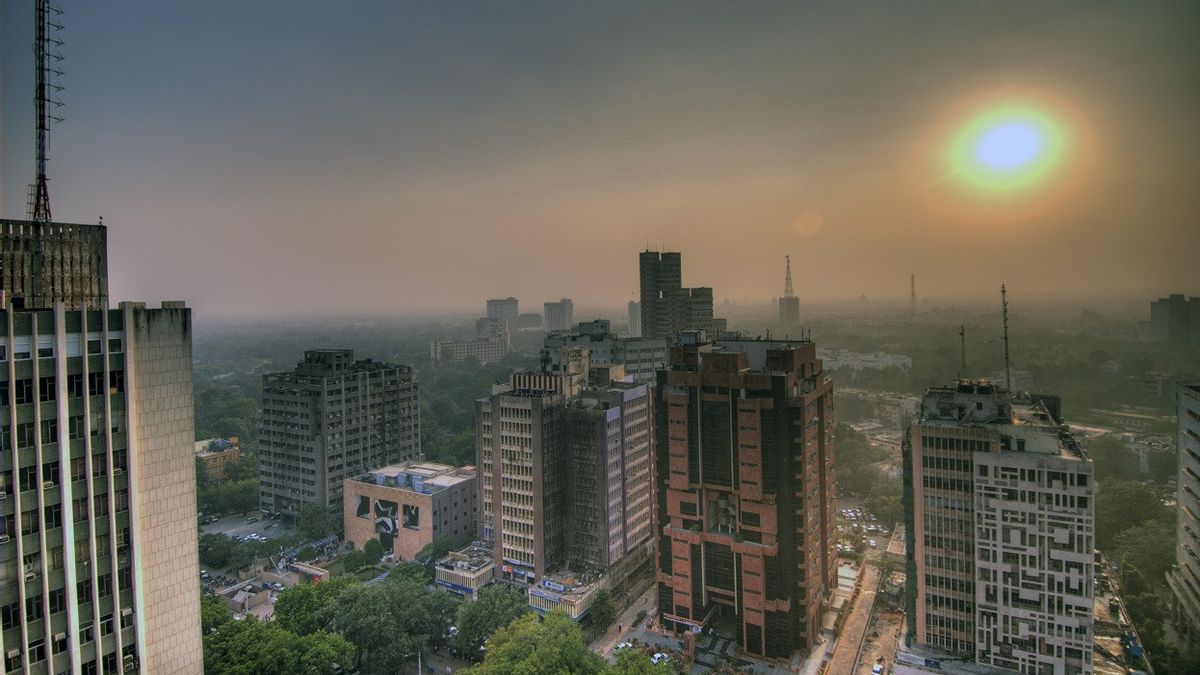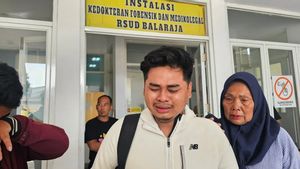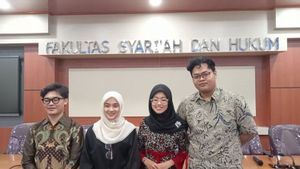JAKARTA - India's Minister of Justice assessed the importance of enacting a new criminal law that began on Monday, paying attention to technological and forensic developments.
India has imposed Bharatiya Nyaya Sanhita, Bharatiya Nagarik Suraksha Sanhita and Bharatiya Sakshya Adhiniyam, which were passed in Parliament in December by the Government of Prime Minister Narendra Modi.
Bharatiya Nyaya Sanhita replaces the Indian Criminal Code, which is a criminal law introduced by Britain in 1862.
Meanwhile, Bharatiya Nagarik Suraksha Sanhita replaced the Criminal Procedure Code, which includes procedures for arresting, investigating, and trialing, which have been amended several times since it was introduced in 1882.
Bharatiya Sakshya Adhiniyam replaced the Indian Evidence Act, which was introduced in 1872, outlining admissible evidence in court.
The government said the new law would overhaul the criminal justice system, particularly in handling cases of sexual violence, crimes against children, mass hangings and crimes against the state.
"By removing the old slave-mentalized law, PM Modi's Government implemented three new laws that reflect the Indian spirit. The essence of this law is a strong sense of justice, not punishment," said Law and Justice Minister Arjun Ram Meghawal on Sunday, launching The National News July 1.
"The three laws are needed considering the development of technology and forensic science. The current government aims to provide justice to the community," explained Minister Meghawal.
The new law will allow digital or electronic records as evidence, as well as the presence of witnesses, defendants, experts and victims through electronic means.
The law also requires audio and video recording of arrests, as well as search and confiscation operations in all criminal cases that will be brought to court as part of the evidence.
In addition, the law will allow citizens to register police complaints at any police station, regardless of jurisdiction and faster delivery of justice, as the law has mandated a decision within 45 days of the completion of the trial and the charges made within 60 days of the first trial.
Next, the law will require forensic experts to visit the crime scene for serious crimes, obliging to record videography evidence to prevent manipulation.
SEE ALSO:
Separately, India's Chief Justice of the Supreme Court Dhananjay Chandrachud said the new law introduces "a much-needed improvement" and is needed to "overcome the current challenges we envision for the future of our society".
"This law marks an important moment for our society because there is no law that affects our people's daily behavior such as criminal law," he said.
The English, Chinese, Japanese, Arabic, and French versions are automatically generated by the AI. So there may still be inaccuracies in translating, please always see Indonesian as our main language. (system supported by DigitalSiber.id)


















